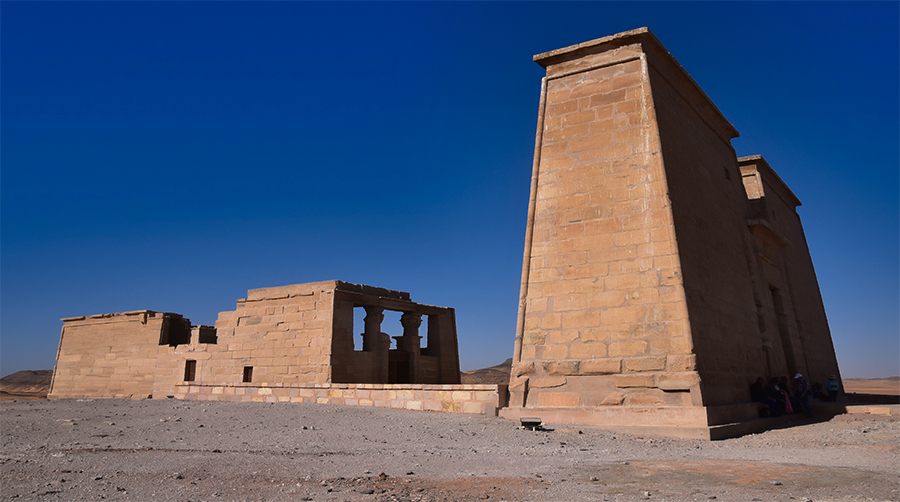In the heart of Egypt’s sacred landscape, Thoth stands as the messenger of truth and the architect of divine law. Known as Djehuty to the ancients, he was depicted as a man with the head of an ibis or sometimes a baboon — both symbols of intelligence and lunar insight.

Thoth was said to have recorded the words of the gods, measured the stars, and given humanity the gift of language and number. To the ancient priests, he was the balancer of Ma’at — the principle of truth and harmony that kept the universe aligned. His temples, especially at Hermopolis (Khmun), were centers of learning and initiation, where knowledge was revered as a sacred path to the divine.
Myth & Symbolism
According to Egyptian cosmology, Thoth emerged at the dawn of creation, born from the lips of Ra as sound — the first vibration of thought becoming form. He was the scribe who wrote the Book of Life and Death, the mediator between gods and men, and the keeper of hidden knowledge contained within the legendary Emerald Tablets.
Thoth’s energy embodies balance between intellect and intuition, logic and magic. He represents the mind awakened — not to dominate, but to comprehend. His lunar association reminds us that true wisdom illuminates in cycles, through reflection and time.
Spiritual Connection for Travelers
For modern seekers, Thoth’s temples are spaces of clarity and remembrance. Many travelers visit his sites to reconnect with intuition, receive insight, or simply listen to the quiet wisdom that lingers in the stones.
To stand in his presence is to feel the hum of ancient intelligence — the knowing that the answers we seek are already within us. Those drawn to Thoth often feel called to study sacred texts, explore meditation, or balance analytical thinking with intuitive understanding. His energy whispers: “Remember what you already know.”
Travelers leaving his temple often describe a clear mind and a deep calm — a sense that their thoughts have been realigned with something vast and eternal.
Highlights of the Temple
-
Hermopolis (Khmun) – The chief city of Thoth’s worship, once a center for astronomy, philosophy, and sacred writing.
-
Ibis and Baboon Statues – Symbolizing wisdom, language, and lunar consciousness.
-
Hieroglyphic Inscriptions – Many of the earliest known scripts and mathematical principles are said to have originated from Thoth’s priesthood.
-
Associated Sites – Visitors may also encounter his influence at Hermopolis Magna, Tuna el-Gebel, and in texts preserved in Luxor and Saqqara.
Conclusion
The Temples of Thoth stand as eternal reminders that wisdom is the foundation of creation. He invites every traveler to merge intellect with intuition, knowledge with compassion, and reason with divine inspiration. To walk where Thoth was honored is to awaken your own sacred knowing — the quiet voice of truth within.
Ready to Explore?
Book your East and West Bank Day Tour with Luxor Booking Tours and step into the ancient seat of Thoth — where sacred knowledge and timeless wisdom still whisper through the stones.